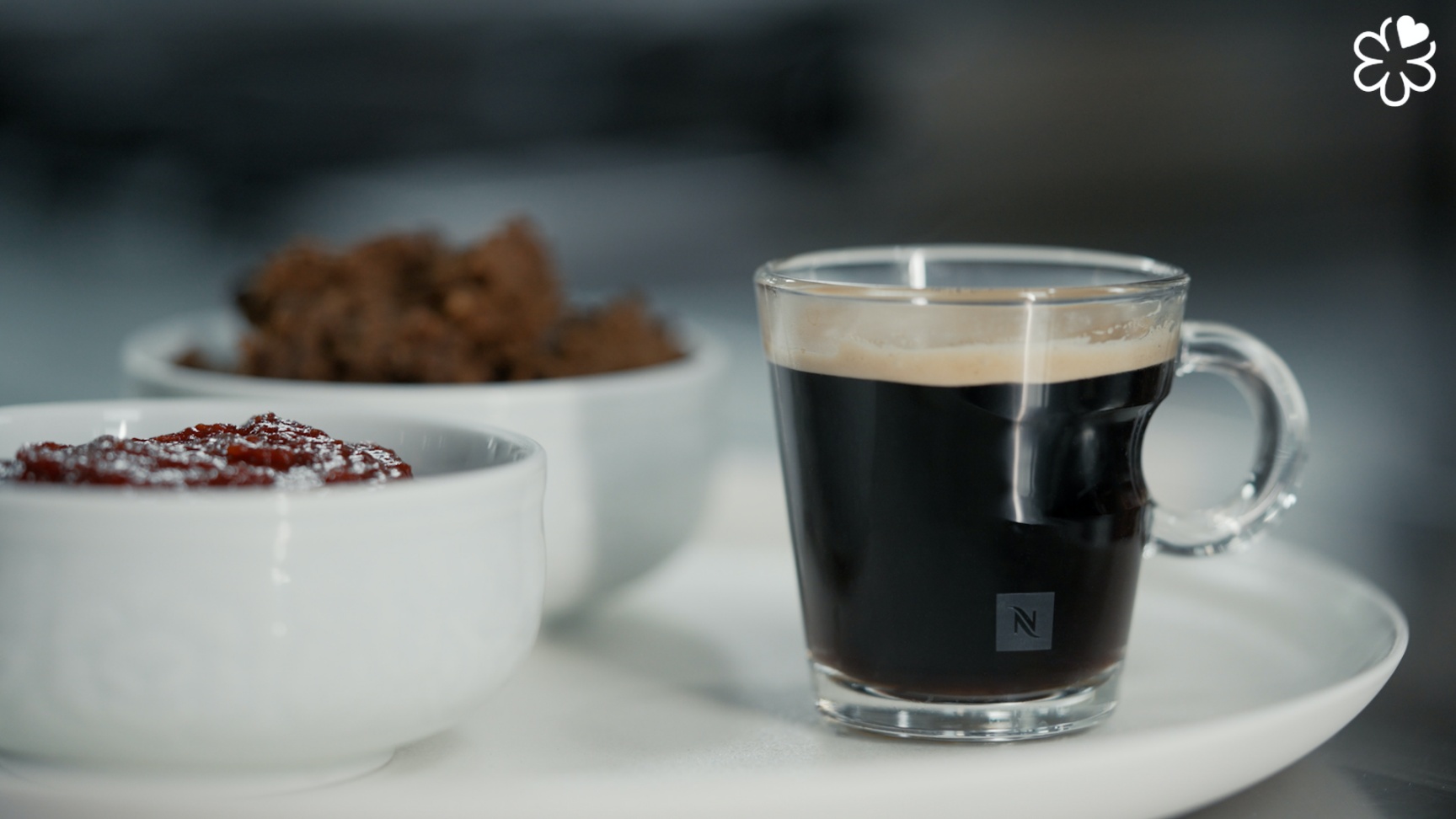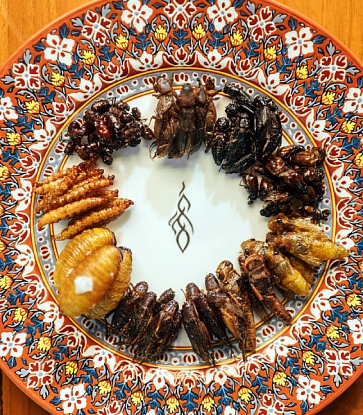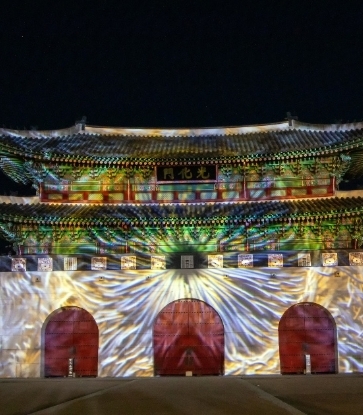Joo Ok is located in Jongro-gu, in the heart of Seoul, where a unique blend of urban and traditional scenery can be found. And it is in this perfect location that the 2-Star MICHELIN restaurant refines tradition and modernity.

Chef Chang-Ho Shin, who describes his food as ‘today’s Korean cuisine containing the present’, is constantly striving to achieve new combinations of harmony. In May 2022, a collaboration dinner themed around Expertise was prepared by Joo Ok in partnership with Nespresso and MICHELIN Guide Seoul. Through the menu prepared for the event, chef Shin was able to dish out a menu that contained various aspects of tradition and modernity, East and West, while respecting the essence of Korean food.

Charcoal-grilled horse mackerel, cuttlefish, and lobster
In this dish, horse mackerel, cuttlefish, and lobster were grilled over charcoal, while doenjang (soybean paste) and Nespresso Master Origins Ethiopia coffee were added to a pollack and anchovy broth to enrich the flavorful doenjang sauce. In addition, a coffee and gochujang lobster sauce was harmonized with seafood in the same dish.
This bold yet luminous creation, using fresh Korean seafood, soy sauce, and coffee, clearly shows the identity of Joo Ok. “Jang is a reflection of Korean roots. Through the jangs, Joo Ok maintains its identity as a Korean restaurant. For this dish, I focused on the balance between the fresh acidity of Ethiopian coffee and the taste of soybean paste,” explains chef Shin.

Perilla Oil Mascarpone Tiramisu
Joo Ok’s tiramisu showcased another new combination of perilla oil grown and squeezed directly in-house, mascarpone cheese, and fluffy rice cake flavored with Master Origin Nicaragua coffee. It was served with vanilla ice cream, Korean layered cookies, and a shot of Nespresso Master Origin Papua New Guinea coffee.This dessert combining coffee, which is an uncommon ingredient in Korean cuisine, and perilla oil, which is one of the most common ingredients in Korean cuisine, reveals Chef Shin’s deliberations. The resulting taste with the acidity of Nicaragua coffee, aromatic fruity scents of Arabica coffee, and the shot of Papua New Guinea coffee was proof of harmony.

Coffee and Korean cuisine
The two dishes presented by Joo Ok demonstrate the potential of harmonizing coffee and Korean cuisine, and at the same time shows the direction of Korean cuisine that Joo Ok pursues.“Coffee is delicious on its own, but the taste changes depending on what is served with it. Coffee can be even more delicious and enjoyable due to flavors around it. The style of Korean cuisine that Joo Ok pursues is similar to coffee. It is important to analyze the ingredients and find the optimal recipe to create a perfect harmony, because even the same ingredients can become more delicious depending on which treatment is used,” muses chef Shin.
For this event, he kept trying to find the perfect pairing that enhances each other's taste even more, such as doenjang and coffee, or perilla oil and coffee. Starting by understanding the characteristics of each coffee, the balanced recipe preserving the aroma while making bitterness not overpowering surprised many people.
“True harmony comes from endless efforts, and finding success after a thousand failures.”

Breaking free from stereotypes
As a chef, what he fears most is being defined by categories. To break free from the norm and not lose his creative attitude, he values conversation. He says that sharing time with colleagues is important to evolving the taste of Joo Ok.“Coffee with rich flavors and aromas leads to a tasty conversation. That's why I like coffee. In particular, I like the complex acidity and rich aroma of specialty coffee from the Nespresso coffee I tasted this time,” he shares.

He concludes, “Please look forward to the new taste that Joo Ok continually evolves, a Korean cuisine made with my experiences and thoughts.”
In order to maintain the identity of Korean cuisine, we must move beyond the image of traditional Korean cuisine. Extending one hand toward the wider world while holding tradition with the other hand is how chef Shin sees the future. Korean cuisine does not necessarily have to be made with Korean ingredients. The menu, which combines coffee, soy sauce, and perilla oil, represents the beliefs of Chef Chang-Ho Shin, who says that we still can keep the identity of Korean cuisine no matter what ingredients and recipes are used.
Edited in English by June Lee























